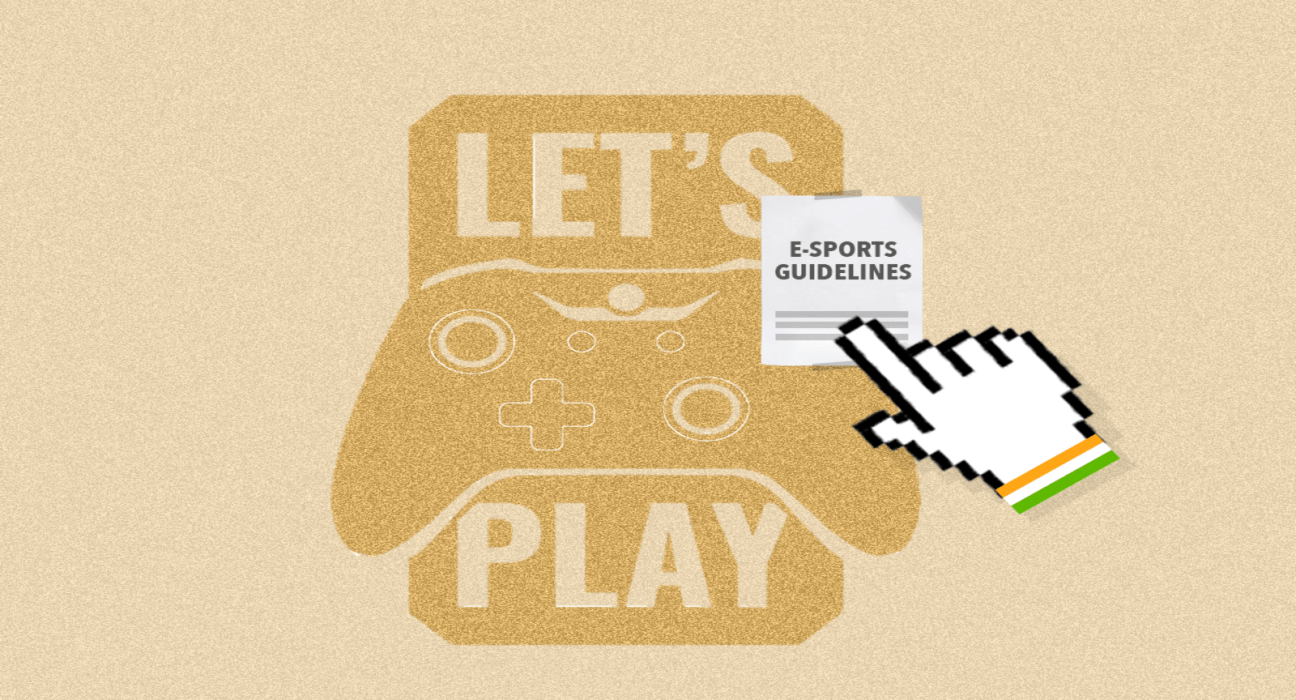Indian lawmakers have recently introduced draft legislation aimed at significantly improving consumer protection in the online gaming sector. This proposed legislation, which is set for public consultation and potential revisions before final approval, seeks to address crucial issues related to player safety, fairness, and transparency.
Key Provisions of the Draft Legislation
The draft legislation outlines several key measures designed to bolster consumer protection and create a safer gaming environment:
- Mandatory Fair Play Standards: The draft requires online gaming operators to implement strict fair play standards. Operators must conduct regular audits and obtain certifications to ensure game integrity, preventing unfair practices and guaranteeing that players have a fair chance of winning.
- Enhanced Transparency Requirements: The legislation mandates that operators provide clear and comprehensive information about game mechanics, odds, and outcomes. It requires all promotional materials and advertisements to accurately represent game odds and potential winnings, reducing the risk of misleading players.
- Robust Data Protection Measures: The draft emphasizes strong data security protocols. Online gaming platforms must adopt stringent measures to protect players’ personal and financial information, including encrypting sensitive data and preventing unauthorized access and breaches.
- Support for Responsible Gaming: The legislation introduces requirements for responsible gaming practices. Operators must offer tools to help players manage their gaming behavior, such as self-exclusion options and limits on deposits and losses. Additionally, operators must provide resources and support for players struggling with gambling addiction.
- Complaints and Dispute Resolution: The draft establishes a framework for handling player complaints and disputes. It requires operators to set up clear procedures for addressing grievances and provides a mechanism for players to escalate issues to an independent adjudicator if needed.
- Regulatory Oversight and Enforcement: The proposed legislation details the powers and responsibilities of the regulatory body overseeing compliance. This body will have the authority to conduct investigations, impose penalties, and enforce adherence to the new consumer protection standards.
Impact on the Online Gaming Industry
The draft legislation is set to transform the online gaming industry in several ways:
- Increased Player Confidence: By enforcing rigorous standards for fairness and transparency, the legislation aims to build greater trust among players. This increased confidence is likely to attract more participants and foster a healthier gaming environment.
- Enhanced Industry Credibility: The new regulations will improve the credibility of online gaming operators who comply with the standards. This move could lead to a more professional and reputable industry, drawing in both investors and players.
- Improved Consumer Protection: With robust measures for data protection, responsible gaming, and dispute resolution, players will experience a more secure and supportive gaming environment.
- Operational Adjustments: Online gaming operators will need to adjust their operations to meet the new regulations. This may involve investing in new technologies, updating processes, and providing additional staff training.
Challenges and Considerations
The draft legislation presents several challenges alongside its benefits:
- Implementation Costs: Meeting the new standards may incur significant costs, particularly for smaller operators. The industry will need to manage these financial implications while ensuring compliance.
- Regulatory Burden: The increased regulatory requirements could lead to a higher administrative burden for operators. Ensuring ongoing compliance will require dedicated resources and management efforts.
- Balancing Regulation with Innovation: The legislation must balance protecting consumers with fostering industry innovation. Overly restrictive measures could hinder technological advancements and creative developments in online gaming.
Looking Ahead
As the draft legislation progresses through the legislative process, industry stakeholders will closely follow its development. The proposed measures reflect a growing focus on enhancing consumer protection in the digital age and highlight the government’s commitment to creating a safer and more transparent online gaming environment.
The final legislation will likely set new standards for the online gaming sector in India, shaping its future. As the industry evolves, the challenge will be to ensure that the benefits of innovation and growth are realized while safeguarding players’ interests and well-being.
Win big at 3k.top—your top choice for online casino thrills! Join now and play to win!

